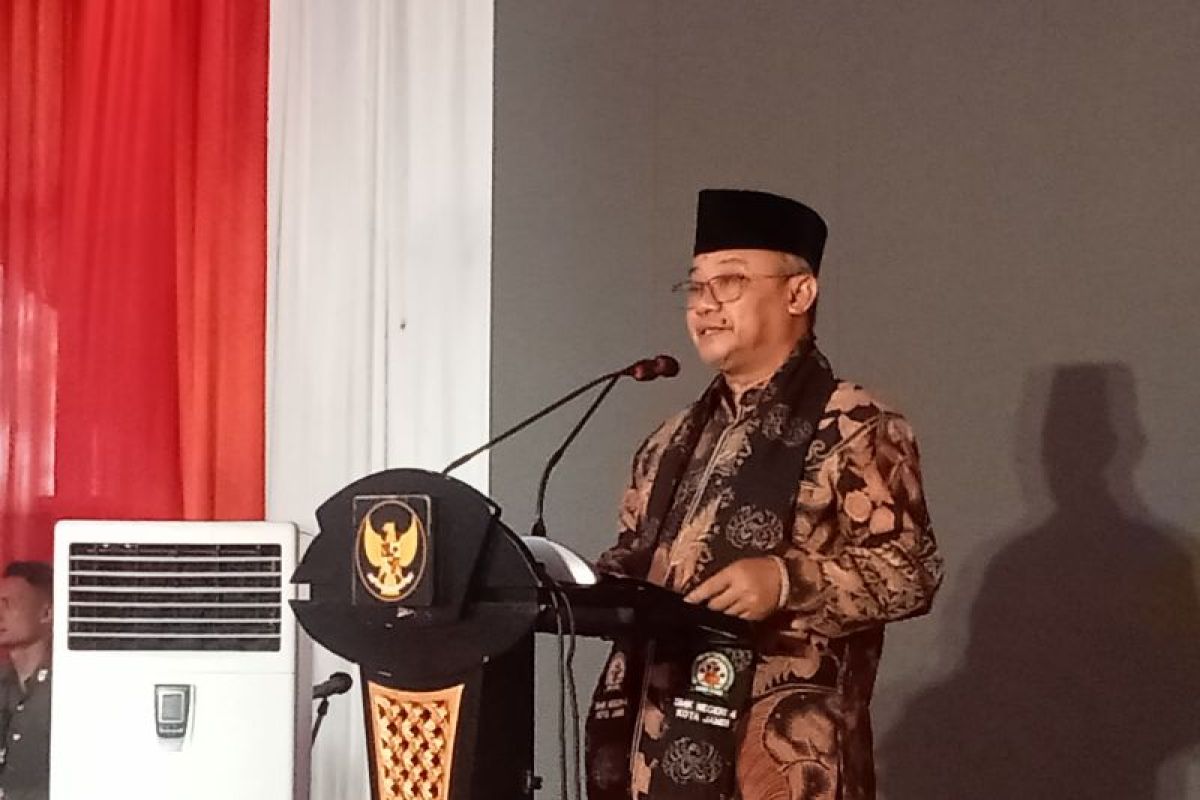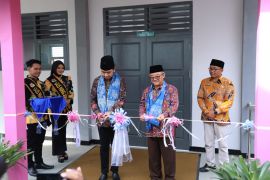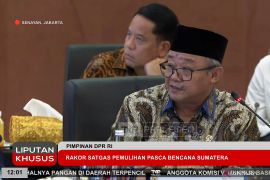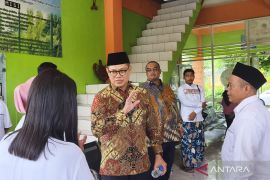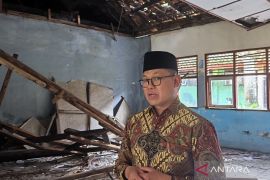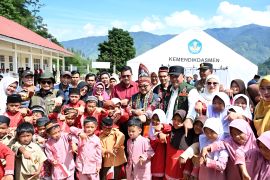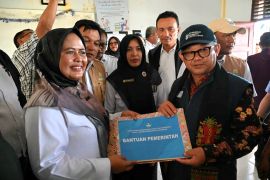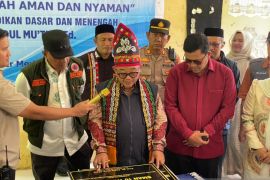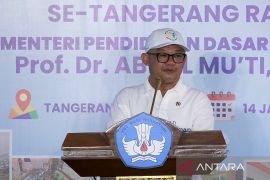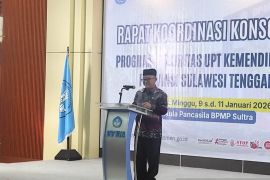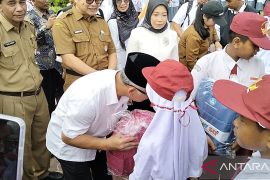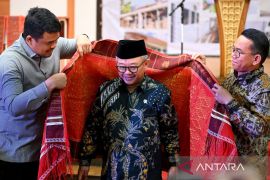“The first is the improvement of educational units (schools) and digitalization to enhance the learning system,” he informed here on Thursday.
He said that in this year’s State Budget (APBN), the central government has allocated Rp16.9 trillion or around US$1.037 billion for the revitalization of 11 thousand schools and the development of a digitalized learning system.
For the revitalization program, the ministry has agreed to directly transfer improvement funds to schools, which will be tasked with managing them.
This is aimed at making fund usage more efficient by involving local workers, and thereby stimulating the local economy.
The second program, he said, is gradually implementing digital education to improve the learning system.
This year, the government is targeting to gradually build technology-based smart classrooms at 300 thousand schools across Indonesia under the digitalization program.
To support this, the ministry has begun training teachers in schools so they can adapt to the program.
The ministry is also continuing to improve the quality of education through deep learning system reform and enhancing education quality from the upstream level.
A United Nations Educational, Scientific, and Cultural Organization (UNESCO) report has found that the quality of Indonesian children remains below expectations, including in terms of literacy skills, which are considered far from ideal.
The government is also planning to include artificial intelligence (AI) as an elective subject in schools.
According to Mu’ti, technological development is inevitable, so digitalization must be tapped properly to support the nation’s progress.
“We are not changing the curriculum, we are improving the method, because the method is more important than the learning content,” he said.
Related news: Minister outlines 3 strategies for equal education access
Related news: Indonesian govt explains why education budget misses 20 pct target
Translator: Agus, Kenzu
Editor: Arie Novarina
Copyright © ANTARA 2025
